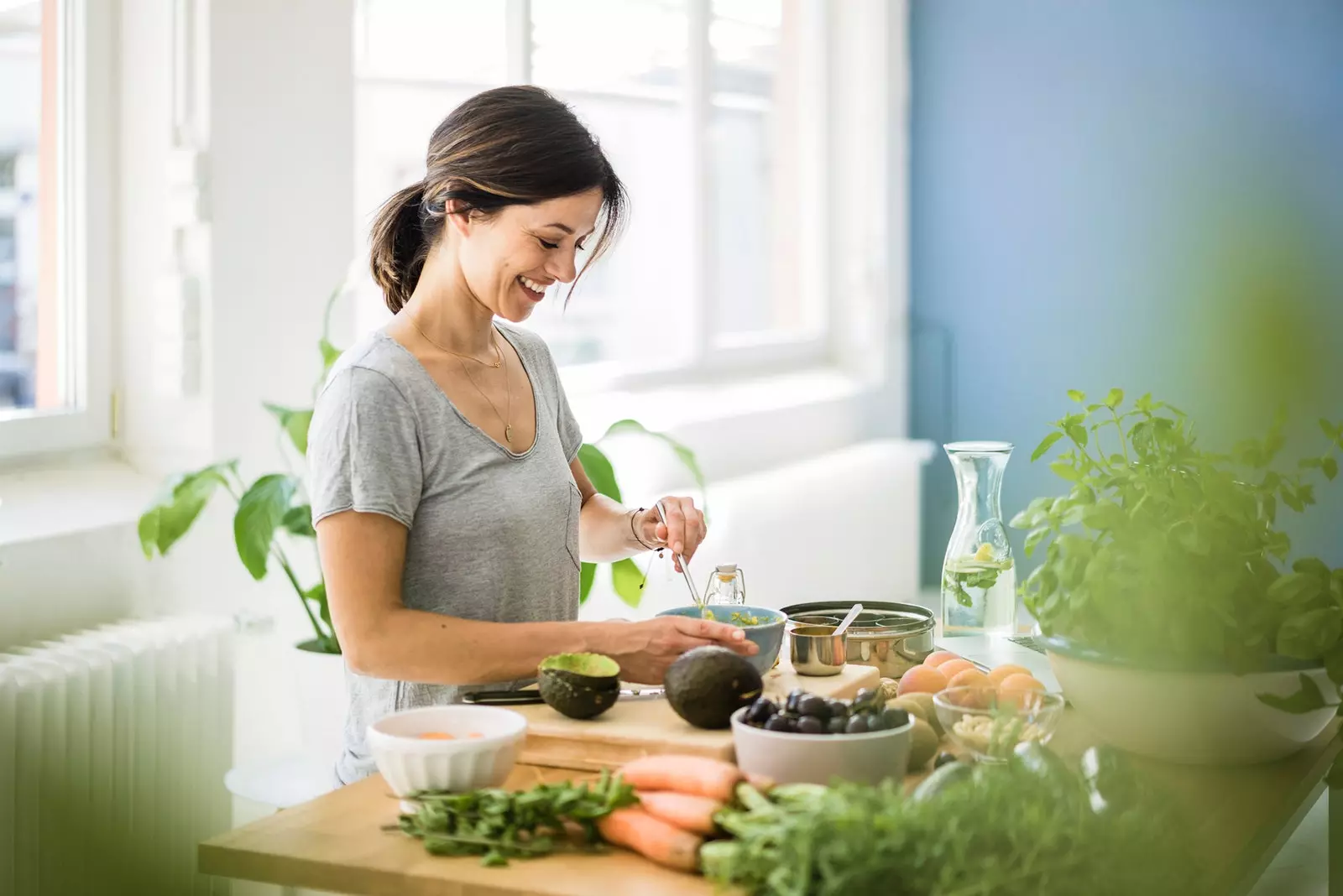
Questions and answers to have a healthy diet in times of coronavirus
We are on stand-by, with life on hold and in a situation that requires let us adapt our habits or build new ones. routines they call it and invite us to embrace them as a kind of discipline or order that helps us to take better these days at home.
Among those habits, maintaining a healthy diet is essential and also a source of doubt , that go from what to eat At a time when our physical activity has plummeted to how to make shopping lists for one or two weeks, going through the dreaded anxiety having the fridge within our reach.
A healthy diet is “that which is sufficient, complete, balanced, satisfactory, safe, adapted to the diner and the environment, sustainable and affordable”, collects the document Small changes to eat better from the Public Health Agency of Catalonia.
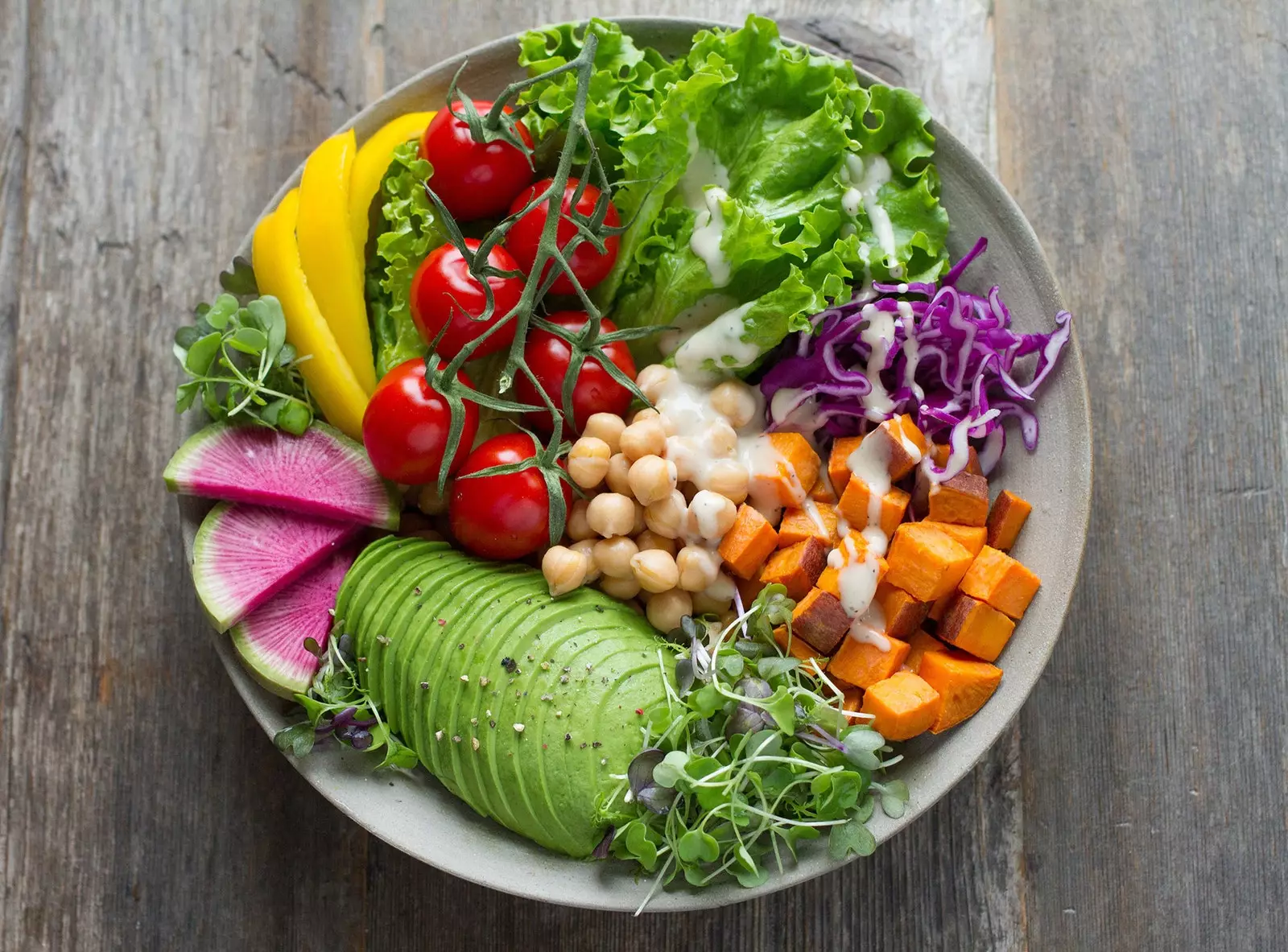
Healthy food is "that which is sufficient, complete, balanced, satisfactory, safe, adapted to the diner and the environment, sustainable and affordable"
Bearing this in mind:
WITH THIS CHANGE OF LIFE, SHOULD WE CHANGE OUR DIET?
“The caloric intake of each person depends on several factors such as their own metabolism and also the activity that is carried out. In any case, when physical activity is reduced, intake should be adjusted to our new needs, although the recommendation is to maintain a daily routine of physical exercise, which is always possible to do at home”, Eva Pérez Gentico, president of the CODINULAR (Official Association of Dieticians-Nutritionists of La Rioja), (college) member of the General Council of Official Associations of Dietitians-Nutritionists.
"If you have a good diet, it is not necessary to do without any food in question but, otherwise, the person who abused or that one day of the week her menu includes ultra-processed or products rich in sugar, it may be a good time to leave them ”, Perez recommends.
In this sense, the Spanish Academy of Nutrition and Dietetics and the General Council of Official Associations of Dietitians-Nutritionists pronounce themselves through the document Food and nutrition recommendations for the Spanish population in the face of the Covid-19 health crisis.
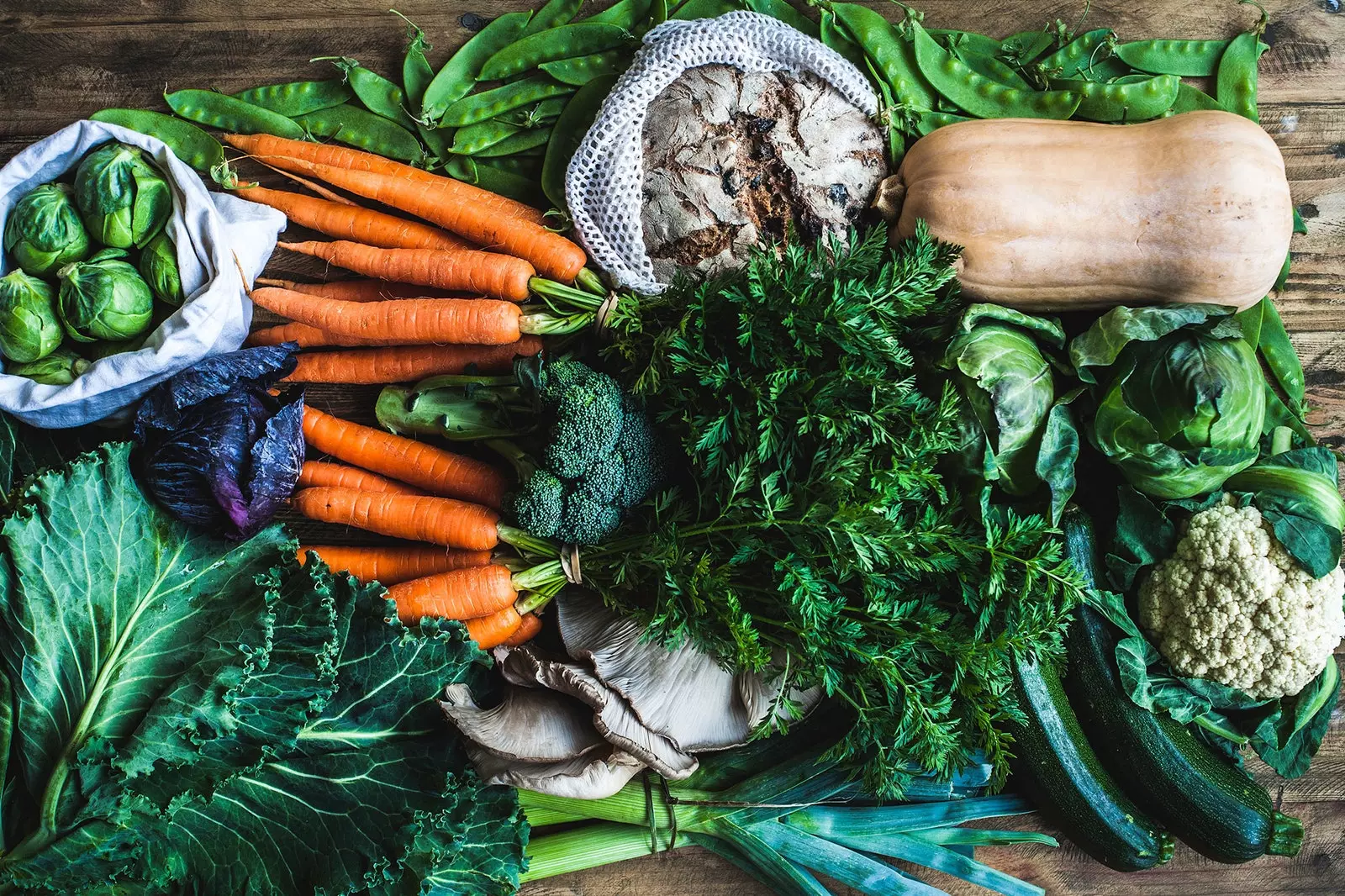
Three portions of fruit a day and two of vegetables
“Due to its high energy density (due to its high content of fats and/or sugars), its consumption is not recommended in general and, therefore, neither in periods of home isolation or quarantine because They can increase the risk of being overweight or obese and other associated pathologies. The decrease in physical exercise and sedentary behaviors during confinement and an unhealthy diet could increase the risk of suffering from chronic diseases.
WHAT GUIDELINES SHOULD WE FOLLOW TO HAVE A HEALTHY EAT?
This same document provides a series of recommendations that begin by maintaining good hydration, ensuring the intake of at least 1.8 liters of fluid per day and “always preferring water as a source of hydration”.
In section fruits and vegetables, urge daily consumption of three servings of the former and two of the latter, preferably "fresh, seasonal and, if possible, local".
About cereals, they talk about choosing whole grains “whole-grain sources (whole-grain bread, whole-grain pasta, brown rice), and stewed or braised vegetables , trying to cook these foods with vegetables.”
Dairy products (milk and fermented milks/yogurt), preferably low-fat for adults and, in the case of fermented milk, always natural, since the rest contain significant amounts of added sugar.
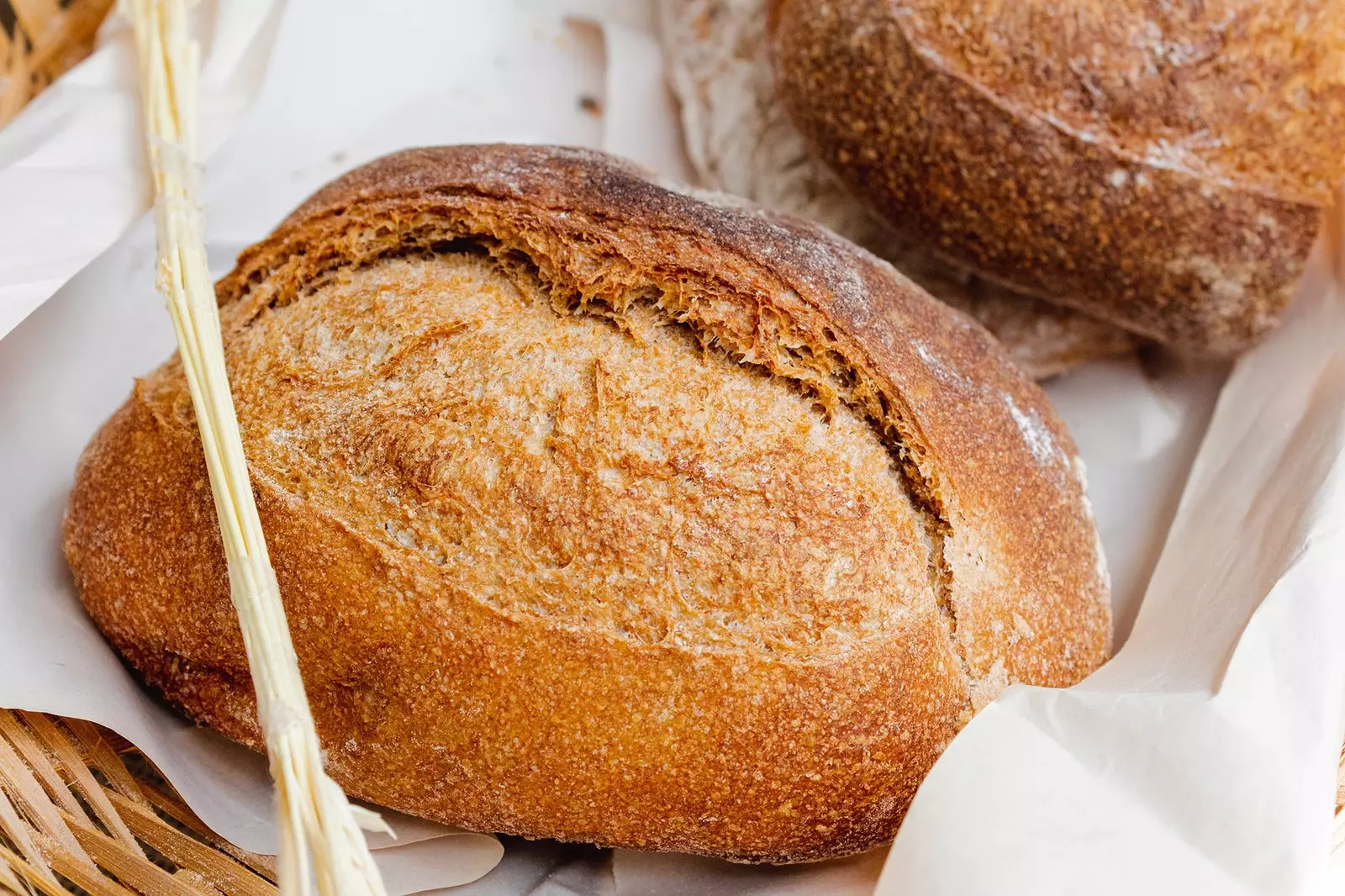
Cereals, better whole grains
Regarding the consumption of foods of animal origin, that of meat should be adjusted to 3 or 4 times a week and, at most, once a week red meat (veal, lamb or pork), "choosing poultry meat (chicken, turkey...), rabbit and lean meat from other animals such as pork, and avoiding the consumption of sausages, cold cuts and fatty meat from any animal". The fish, two to three times weekly; Y the eggs, three to four times.
And finally, olive oil as a dressing and nuts and seeds, always natural or toasted "avoiding fried, sweetened and salted nuts," the document points out.
WHAT SHOULD OUR SHOPPING LIST HAVE?
After recalling the importance of not make "an exaggerated purchase, because it is not sustainable, supportive or ethical" and recommend “plan a weekly menu and make a shopping list based on it” , indicate that “the non-perishable foods are preferable in these cases, but since the supply of fresh food is assured, it can be purchased in the necessary quantities, according to the storage capacity in the home and without unnecessarily overestimating the quantities”.
With this in mind, they list: dry goods, packaged or canned foods, frozen (“vegetables, legumes, sautéed vegetables - that only contain vegetables-, fish, shellfish, molluscs, meat. That the only ingredient is meat or fish”); perishables that can be purchased fresh or chilled and can also be frozen; Y perishable food They can only be kept in the fridge.
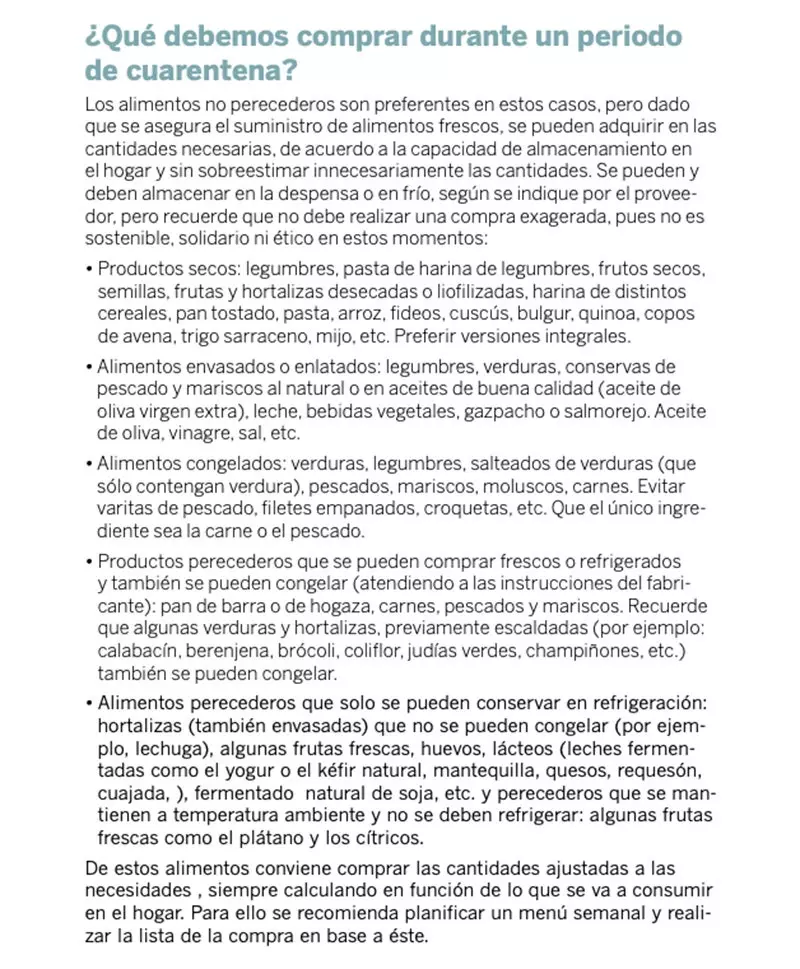
Food recommendations to include in our shopping list
WHAT HAPPENS IF WE EAT DUE TO ANXIETY OR, ON THE CONTRARY, OUR STOMACH CLOSES?
“To deal with binge eating we must see the reason for the binge itself, what has led us to it, to be able to manage it in another way”, says Pérez.
“We are experiencing an atypical situation that many people may have a hard time coping with. If it is difficult to maintain the usual rhythm of eating and we lead to binge eating, if the cause is anxiety, for example, the first recommendation is to go to the professional association of psychologists who, in these circumstances, offer this help”.
Now, if the reason for eating in large quantities or more than usual is boredom, “We will have to find new routines to stay active.”
On the opposite side, if our stomach has closed and we cannot manage the cause, Pérez recommends, again, consulting with the Association of psychologists of each autonomous community.
ARE THERE FOODS THAT CAN HELP US UP OUR MOODS?
Yeah, if you're thinking of the chocolate you're right. “If so, we can consume dark chocolate above 72%. We can melt chocolate and add our favorite dried fruit or some raspberries or blueberries and make our bar with the ingredients that we like the most”, suggests Pérez.
And it is that "nuts provide us with magnesium and tryptophan that contributes to the production of serotonin, known as the hormone of happiness", he points.
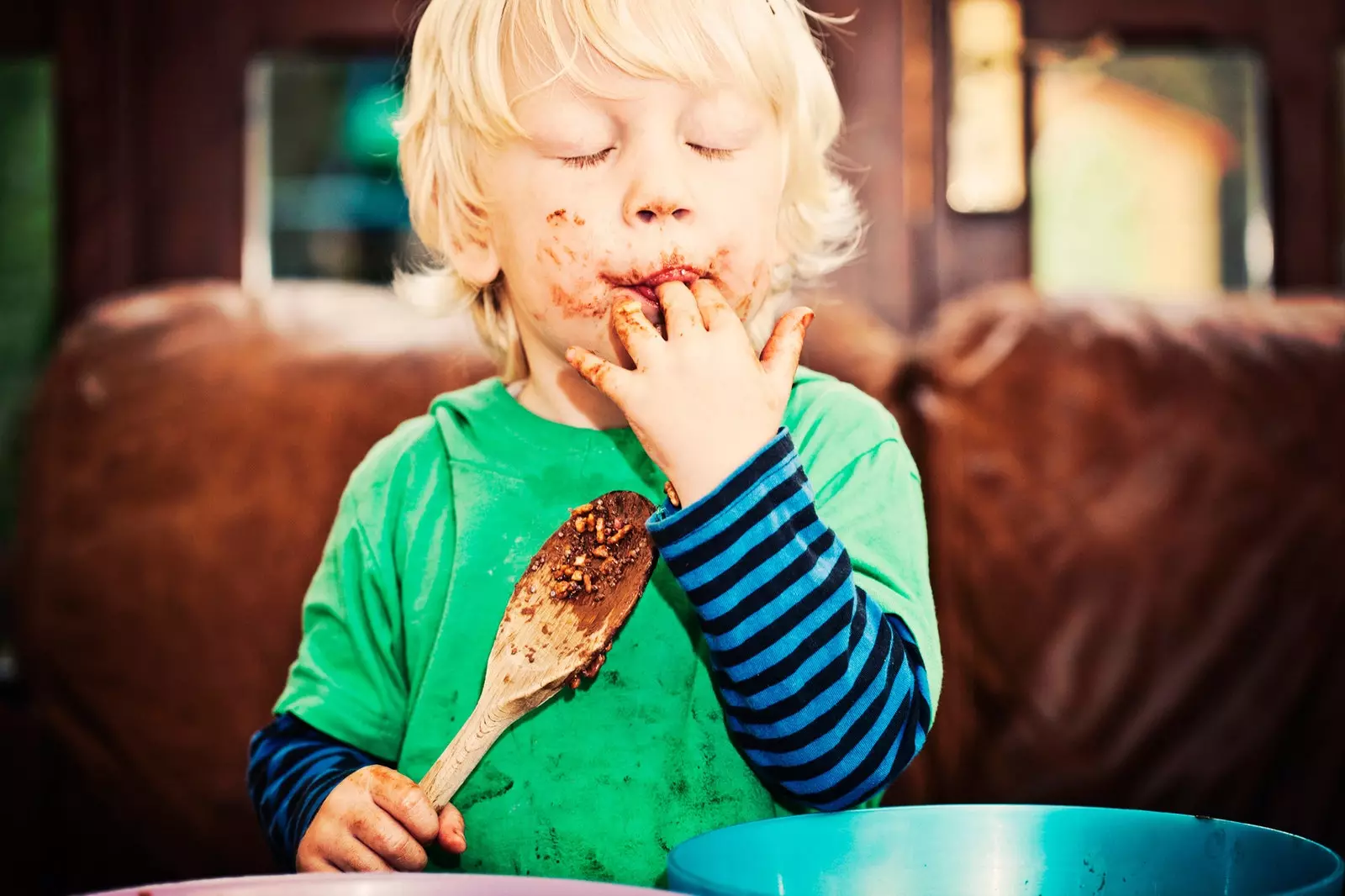
Yes, chocolate can lift our spirits
Also, dairy products, legumes, fruits, eggs and fish They also help us to be more animated.
ARE THERE FOODS THAT CAN PREVENT CORONAVIRUS?
No no and no. This is what the document says Food and nutrition recommendations for the Spanish population in the face of the Covid-19 health crisis.
“In no case does food, by itself, prevent or cure coronavirus infection, or by any other virus”, he points out and then adds that “the feeding guidelines will be aimed at palliate the symptoms generated by fever and respiratory problems, ensuring adequate hydration. And then he breaks it down:
“There is no evidence that fermented dairy or probiotic, prebiotic or synbiotic supplements can help, prevent or reduce the risk of infections in general”.
Regarding nutrients that, as copper, folate, iron, selenium, vitamins A, B12, B6, C and D, and zinc, contribute to the normal functioning of the immune system, the document ensures that "It is unlikely that increasing its consumption is associated with a lower risk" and insist that “It is not necessary to encourage its consumption for this purpose.”
Same position before “Compounds called nutraceuticals, including ferulic acid, lipoic acid, spirulina, N-Acetylcysteine, glucosamine, beta-glucans or elderberry”.
In the same way that experts indicate that “There is no evidence to recommend the consumption of any herb to prevent or treat Covid-19.”
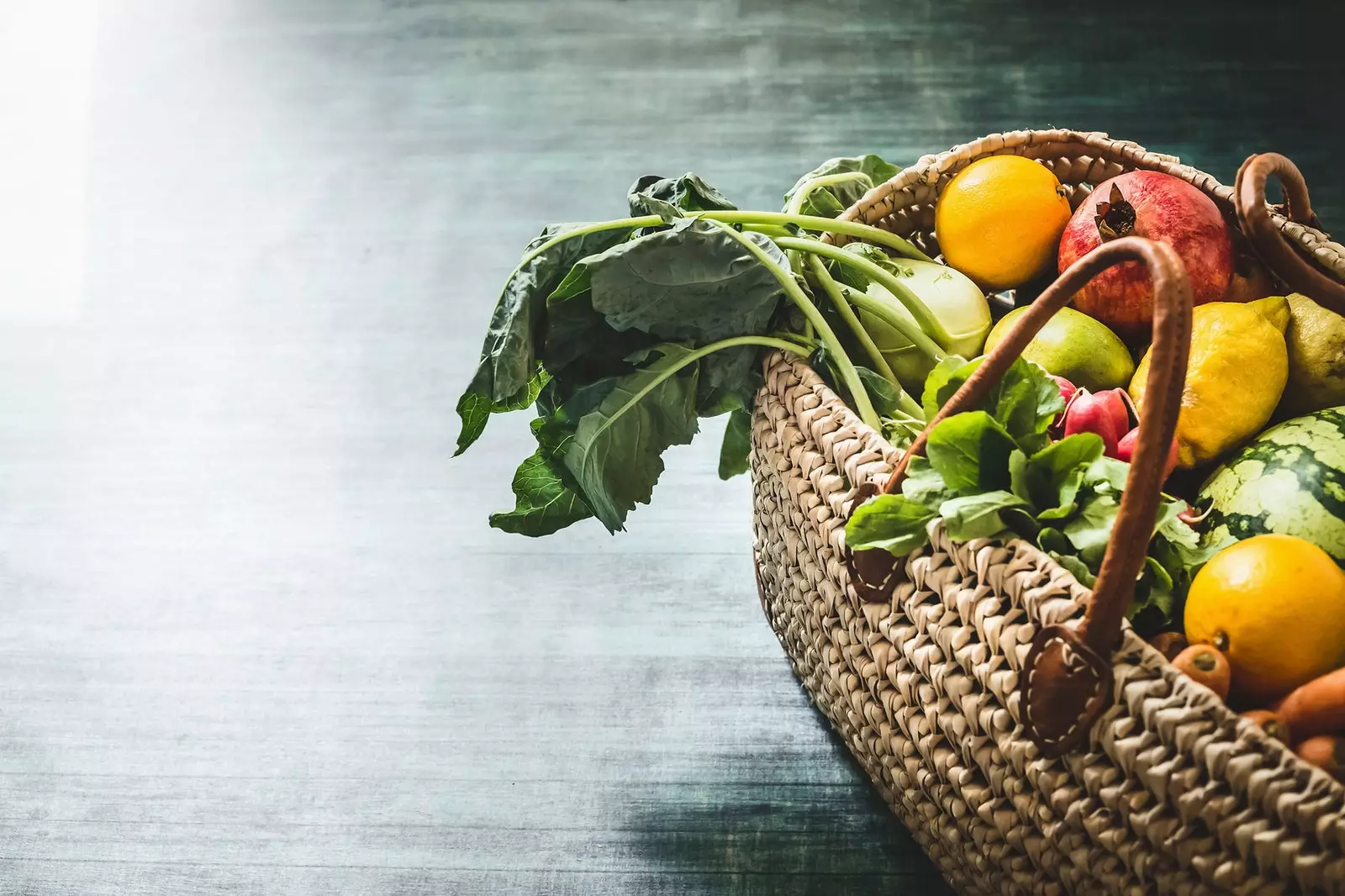
Remember not to make "an exaggerated purchase, as it is not sustainable, supportive or ethical"
